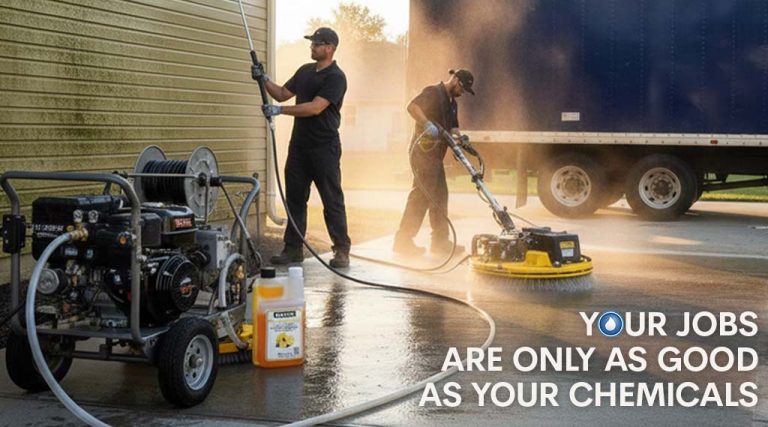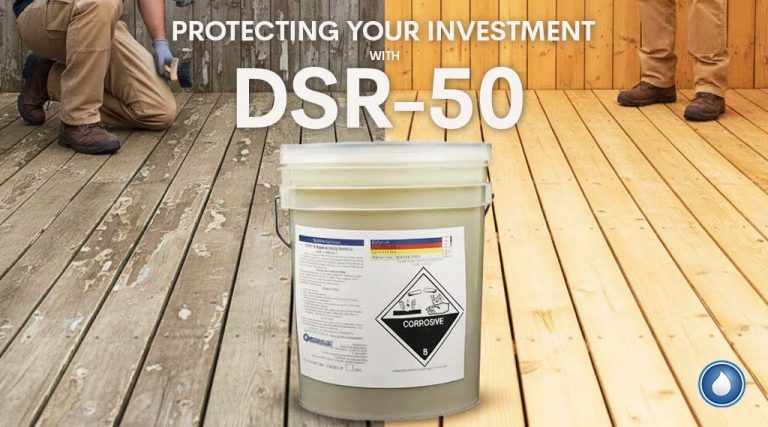No Filters Forum By Harris Rothenberg, CECS, CESI
The Dangers of Solid Fuel Cooking
The worst nightmare for anyone in the business of Kitchen Exhaust Cleaning is to get a call that a customer had a fire in the Kitchen Exhaust System.
Even if the contractor has not performed the work for many months, or for over a year, the insurance carrier for the customer is going to put in a claim against the last Kitchen Exhaust Cleaning contractor to have worked on the property.
Last year, IKECA did a survey of member companies that had customers who had exhaust fires. All of the respondents that had a customer who had a fire in the last five years and responded to the survey had a fire only in systems where solid fuel cooking was in use.
Several years ago, one of our customers whose restaurant was on the ground floor of a 10-story office building, had a fire in one of their wood burning ovens which spread throughout the system. They had an original system with a spark arrestor, and a new hood without a spark arrestor. Both fed into the same horizontal duct, connecting with the Main Kitchen Exhaust, and then up the nine (9) story vertical riser to the roof and fan.
When the sparks in the new hood shot upward, the duct caught fire and it spread throughout all the ductwork for the entire restaurant, including the main riser and fan. Fortunately, the 14 gauge riser duct withheld the heat of the fire and did not allow it to spread throughout the building.
The NFPA 96 code, for each hood doing solid fuel cooking, is to have a spark arrestor and its own separate exhaust system in addition to monthly inspections. If that code had been followed, the fire should never have started. And even if it had, it would have been restricted only to the exhaust serving the solid fuel hood, and not the other hood exhausts.
I believe that solid fuel cooking is a dangerous risk for the contractor in our industry. There are several AHJs that do not allow solid fuel cooking.
Is it worth the risk for us to service solid fuel customers? I don’t think so!
This article appeared in the Fall 2003 IKECA Journal Op/Ed Column. The opinions expressed in the Op/Ed column do not necessarily reflect those of the International Kitchen Exhaust Cleaners Association.



